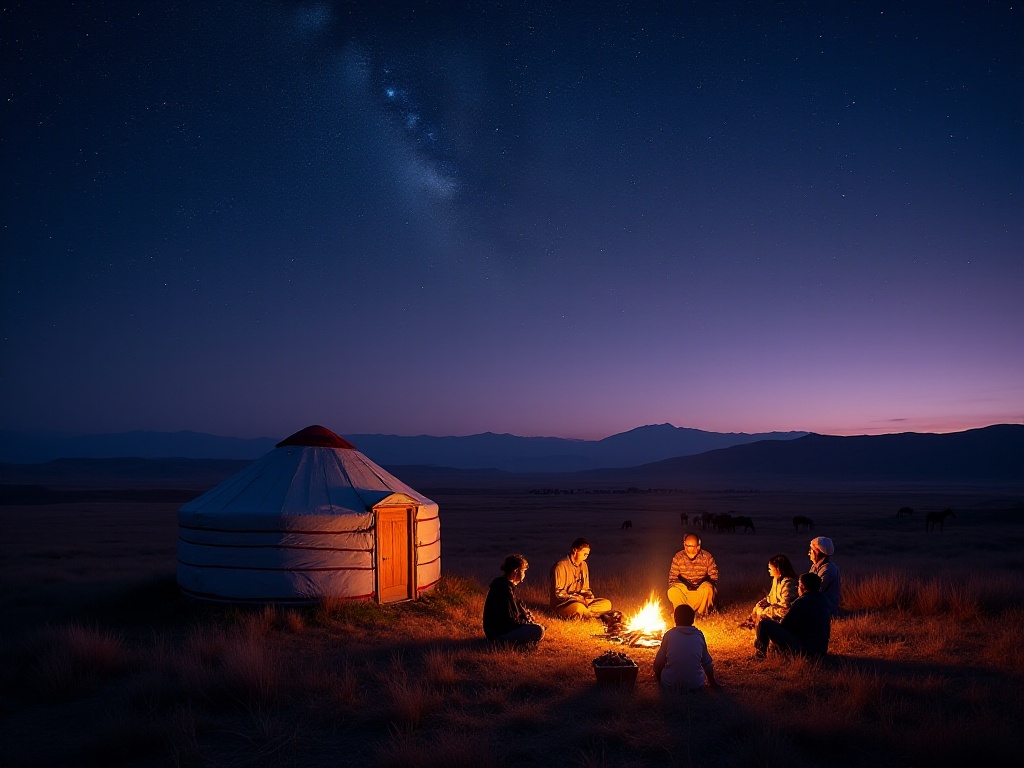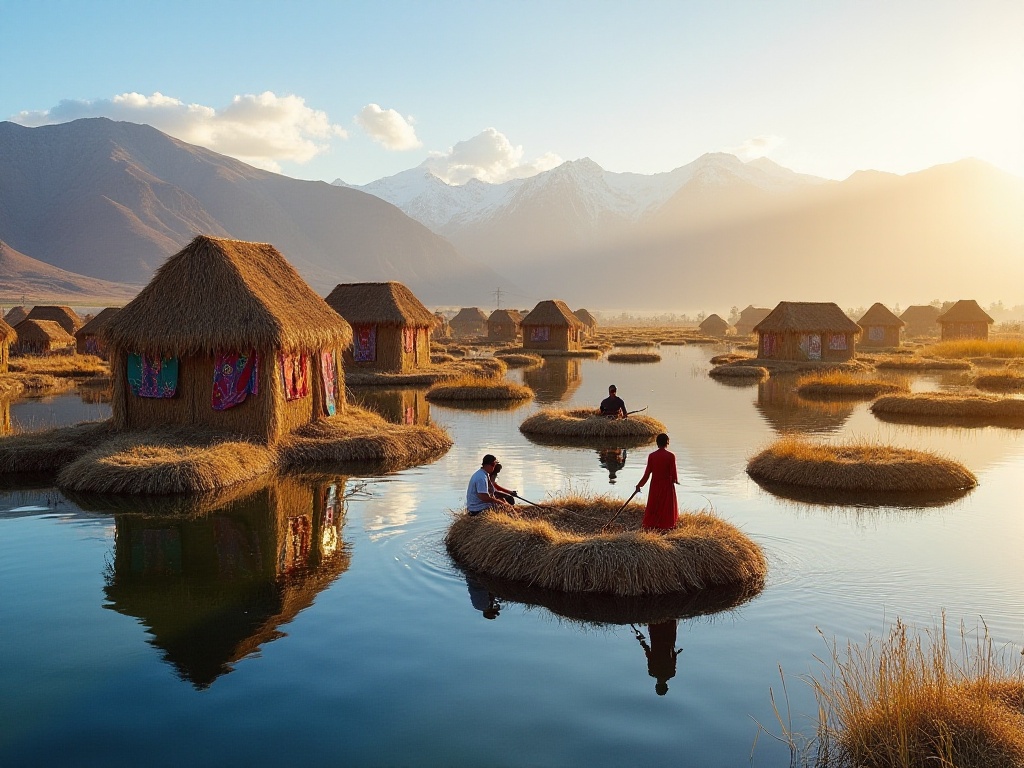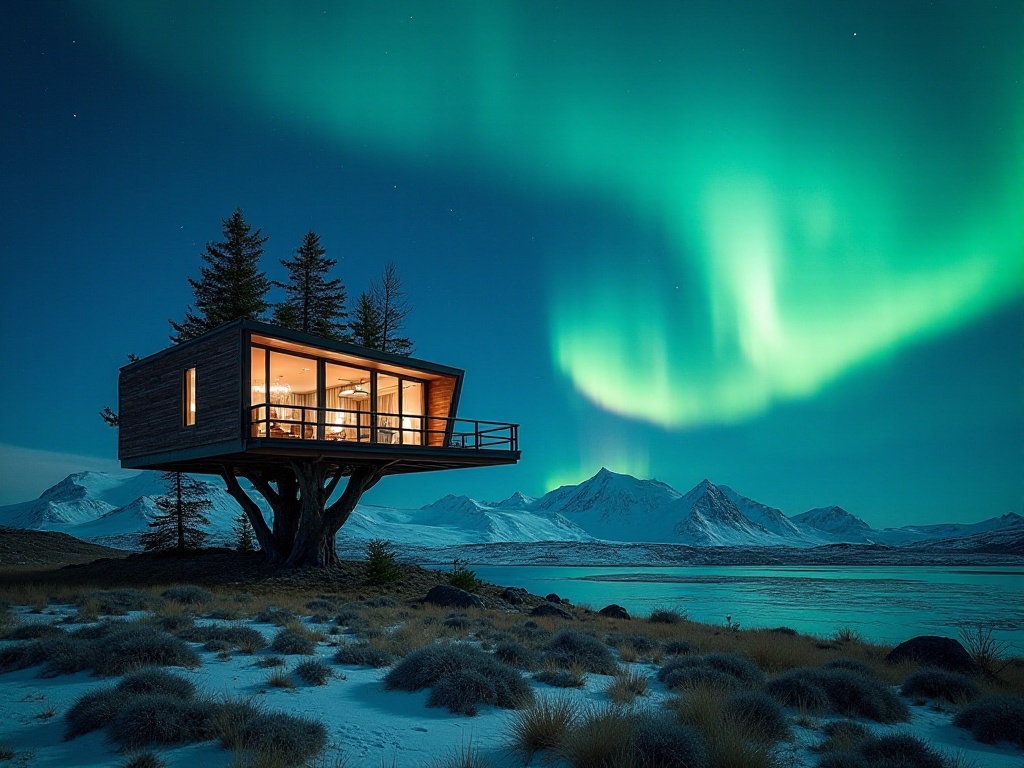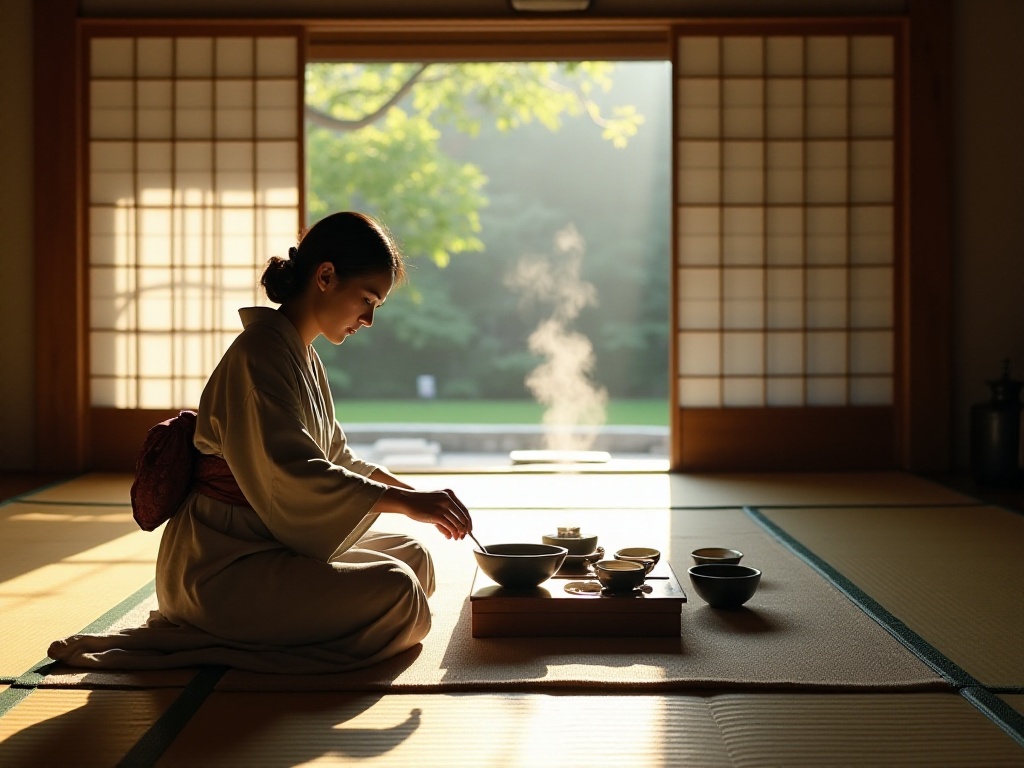Before Departure
This journey completely transformed my understanding of life. Last summer, when I told my friends I was going to spend two weeks living with nomadic tribes in western Mongolia, they looked at me like I was crazy. "Are you insane? Living in yurts? Drinking fermented mare's milk? Riding horses for dozens of kilometers? Why put yourself through that?" "Isn't city life good enough? You have air conditioning, hot water, and can eat whatever you want." Faced with their doubts, I wasn't entirely confident myself, but felt an inexplicable urge to experience it.
Before leaving, I frantically searched online for travel guides and bought a bunch of equipment I thought I might need: waterproof hiking boots, quick-dry clothes, sun hats, mosquito repellent, portable water purifiers... Looking back now, it's quite amusing - most of these items weren't necessary. Nomadic life mainly requires an open mind and ability to adapt to the environment.
While I was packing, my mom kept nagging: "Take some instant noodles in case you can't handle the food." "Bring more medicine, medical care is poor on the grasslands." "Take a power bank so your phone doesn't die." In retrospect, these urban worries seem so ridiculous when faced with real grassland life.
First Arrival on the Steppe
The flight from Beijing to Ulaanbaatar already showed me how different Mongolia was. The capital's airport was surprisingly small, with scattered backpackers from around the world in the waiting area. The connecting flight to Govi-Altai Province was even quieter - just me, some locals, and an elderly German couple.
After landing, I was assigned to a 20+ year old SUV. The driver was a cheerful middle-aged man who chatted with me in broken English. The car bounced along the rugged grasslands while the scenery captivated me: wild rabbits darting through the grass, vultures circling overhead, and occasional herds of wild horses. These were sights I'd never seen in the city.
After four bumpy hours, I could see a few yurts scattered across the grassland in the distance, with smoke rising from them. This would be my home for the next two weeks. Dozens of horses grazed leisurely nearby, their bells tinkling in the wind, while the air was filled with the scent of grass and horse manure. Though the smell was initially off-putting, it gradually became the most familiar and nostalgic scent to me.
Batbayar's yurt sat below a small hill. As the tribe's leader, he lived with his wife Oyunaa, two sons and a daughter. His eldest son attended university in Ulaanbaatar, while the younger son and daughter were in middle school and only returned during holidays.
Entering a ger for the first time was special. The threshold was high and needed to be stepped over, supposedly to block the wind. Just inside was an ornate Buddhist shrine directly opposite the door, with colorful tapestries hanging on both side walls. Thick carpets covered the floor, with an iron stove in the center used for both heating and cooking.
That evening, Batbayar and Oyunaa welcomed me in the traditional way. Oyunaa offered me a bowl of fermented mare's milk with both hands. I was taught the proper receiving posture: right hand holding the bowl, left hand supporting the right elbow, head slightly bowed in respect. The mare's milk had a unique taste - sour and astringent with a fermented flavor. But seeing my hosts' expectant faces, I drank it all in one go. They smiled with approval afterward, as if I had passed some test.
Dinner was traditional whole roasted lamb. While this might be a luxury dish in the city, here it was just everyday food. Batbayar skillfully carved the lamb with his Mongolian knife and distributed portions to everyone. We ate with our hands, no utensils. The lamb's aroma filled my mouth - it was the most delicious roasted lamb I'd ever tasted.
After dinner, we sat around the stove in the yurt. Batbayar began telling stories about his family. His clan had lived on these grasslands for hundreds of years, each generation following the same way of life. He said, "The steppe is our home, horses are our friends, and every blade of grass here is deeply connected to our lives."
Nomadic Life

Daily Routine
Early the next morning, I was awakened by the neighing of horses. Opening the yurt door, I saw Batbayar already milking the mares. He crouched beside the horse, skillfully milking with gentle yet firm movements. When I approached to help, the horse scared me off with a snort. Batbayar laughed and said, "Horses are shy with strangers, take it slow."
Inside the yurt, Oyunaa was busy processing yesterday's mare's milk. She taught me how to make various dairy products: heating the milk to specific temperatures, adding special fermentation starters, then creating different products based on fermentation time and temperature. Tea with milk was the most basic - boiling mare's milk, adding tea leaves and salt. Fermented mare's milk required special techniques, using traditional leather bags and fermenting for several days at specific temperatures. Cheese required curdling the milk, then pressing and drying it.
Breakfast usually consisted of milk tea with homemade cheese and bread. Their bread was yeast-fermented and baked on the iron stove - crispy outside, soft inside, with a unique flavor when paired with fresh milk tea.
In the morning, I followed Batbayar to herd. He taught me to identify different herbs, explaining which ones could treat illness and which had high nutritional value. He said, "Every plant on the steppe has its use, the key is understanding them." We rode horses across the grassland, watching sheep graze peacefully, with rolling hills in the distance and an intoxicatingly blue sky.
For lunch, we ate on the steppe. Oyunaa always packed us some dry foods: dried curds, milk tofu, roasted meat. Sometimes we'd make milk tea over a fire on the grassland. Batbayar said, "Steppe milk tea is the most fragrant because it carries the flavor of the grasslands."
We continued herding in the afternoon, sometimes searching for scattered sheep. This is when horses proved their importance. Finding sheep on the vast steppe would be impossible without horses. Riding horseback allowed us to see farther and move faster. Gradually, I learned basic horsemanship, though still not as well as their children.
In the evening, we had to corral the sheep and count them. This was one of the most important daily tasks. Batbayar said, "Sheep are our wealth, each one must be cared for." At night, we'd gather around the stove, drinking milk tea and chatting. Sometimes Batbayar would play the morin khuur (horse-head fiddle), its melodious tunes echoing in the quiet night sky.
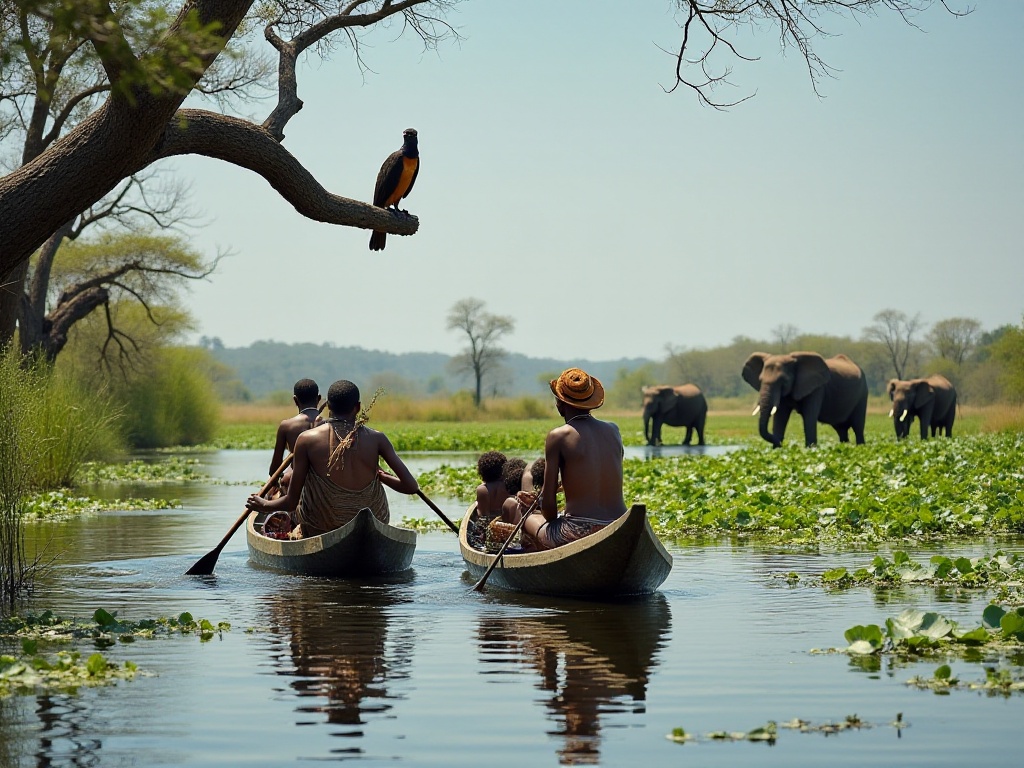
On the Migration Route
The most memorable experience during my two weeks was joining their migration. Nomadic life on the steppe follows seasonal changes - summers are spent where grass is lush, winters in sheltered valleys. This migration was to their summer pastures.
Preparations took a full day. We had to dismantle the yurt, pack all belongings, and count livestock. Dismantling the yurt required skill, with everyone having specific roles. I helped with small items, though even this kept me busy. Watching them expertly dismantle and fold the yurt, then load it onto yaks, I marveled at the experience accumulated over generations.
The migration caravan was impressive: over 300 sheep, 40+ horses, 12 yaks, and our family. Batbayar led on horseback, his younger son herded the sheep, while Oyunaa and I watched the yaks from horseback. The procession stretched hundreds of meters across the steppe like a moving dragon.
The journey's scenery was unforgettable. At dawn, we watched the sun rise over eastern mountains, golden light sparkling on dewdrops across the grassland. At noon, we rested by rivers, animals drinking while we picnicked. At dusk, the sun set behind another mountain, turning the sky brilliant orange. At night, we set up temporary camps under the stars, with the Milky Way gleaming like diamonds overhead.
These three days of migration taught me the true meaning of "nomadic" freedom. In cities, we think we need fixed homes and stable jobs. But on the steppe, home is mobile, and work means living in rhythm with nature. This freedom isn't about doing whatever you want, but about following nature's flow.
One night at our temporary camp, Batbayar taught me to recognize constellations. Without light pollution, the stars were incredibly clear. He said, "These stars are our compass, showing us direction and predicting weather changes." Lying on the grass, listening to horse bells under the starry sky, I felt truly part of nature.
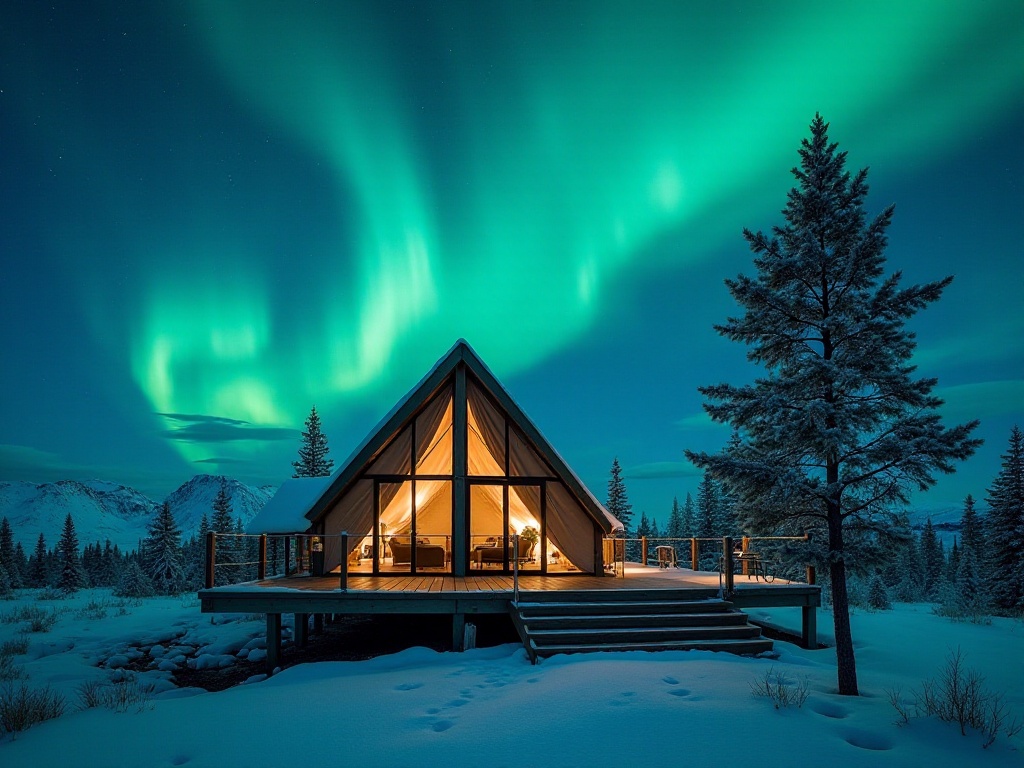
Cultural Impact
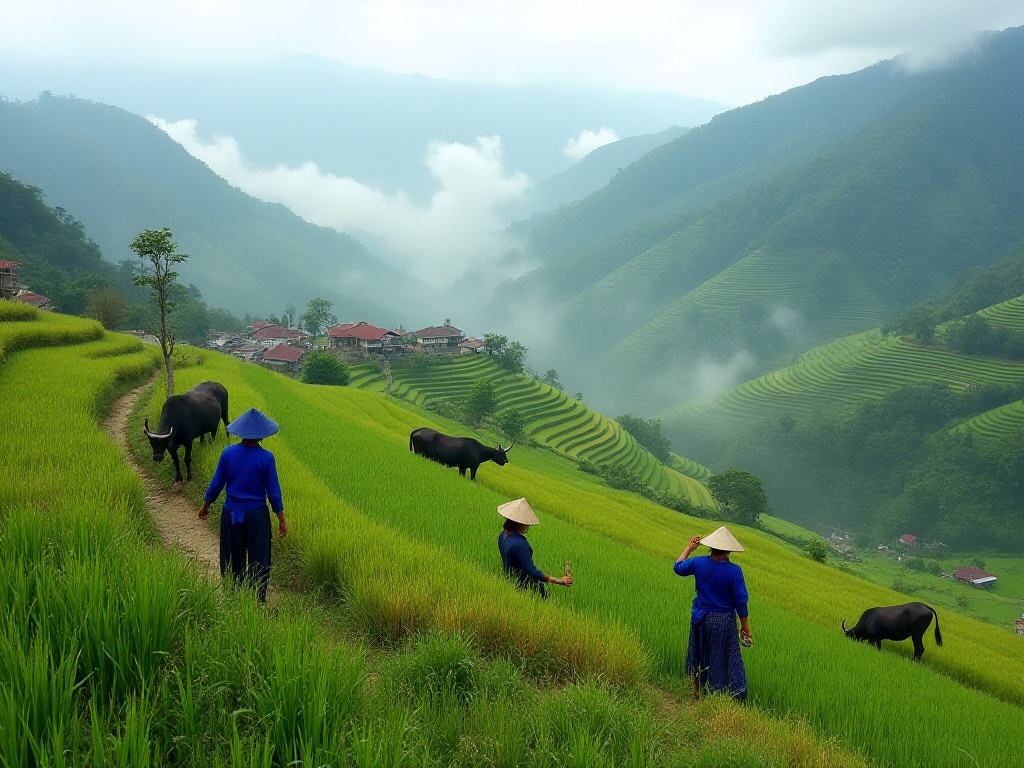
Life Wisdom
The nomads' wisdom amazed me. Without modern technology, they accurately predicted weather. Batbayar taught me to read clouds: low thick clouds meant rain; wool-like scattered clouds usually meant good weather. They could find water sources by observing grass color: lush green grass usually indicated underground water, while yellow grass areas should be avoided due to water scarcity.
Their tools were simple but practical. Ropes made from horsehair were both strong and elastic, used for measuring distances. Batbayar explained: "A stretched horsehair rope, measured in horse lengths, serves as a unit." They used this method to measure pasture boundaries and plan migration routes.
In making dairy products, they judged temperature by experience rather than thermometers. Oyunaa taught me to test mare's milk temperature with my finger: when it's just bearable but slightly hot, it's perfect for fermentation. She also taught me about homemade starters, recipes passed down through generations.
Their medical knowledge particularly surprised me. Without hospitals, they knew how to treat common ailments with different herbs. When I had stomach problems, Oyunaa brewed me an herbal tea that quickly helped. They also knew how to treat skin conditions with mare's milk and joint pain with mutton fat.
This knowledge, accumulated over thousands of years, perfectly aligns with sustainable development principles. They use natural resources moderately, never over-exploiting. Batbayar said: "The steppe nurtures us, and we must protect it."
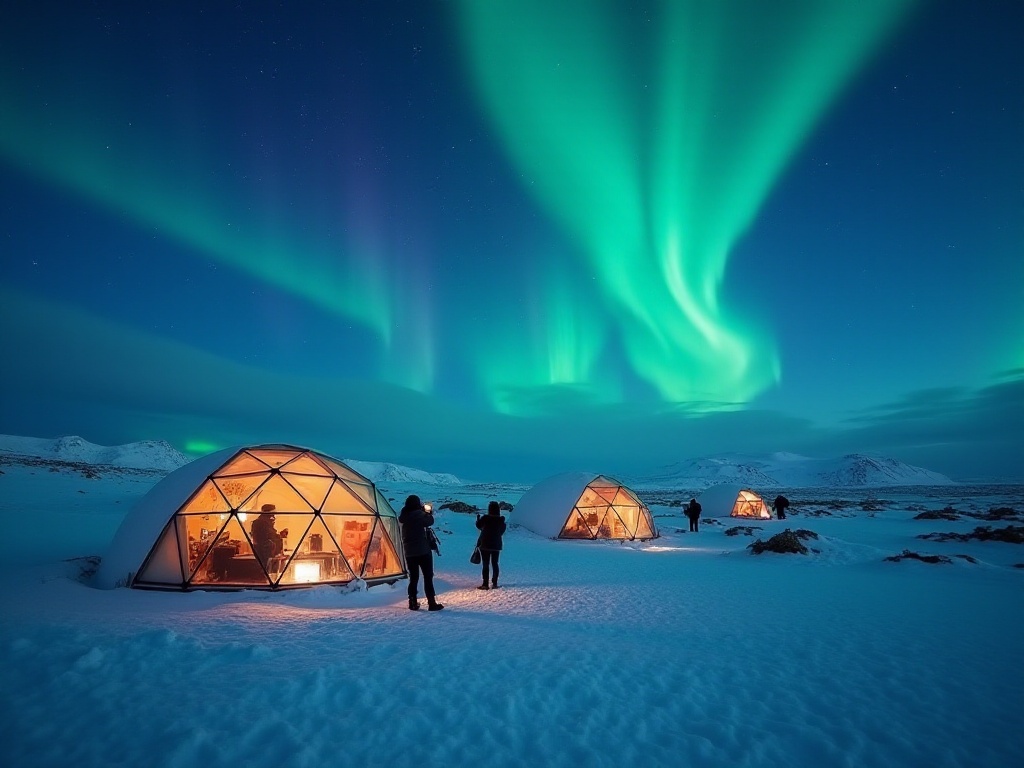
Changed Values
Steppe life completely changed my perception of time. In cities, we're always watching clocks, chasing deadlines. Here, time is measured by sun position and animal habits. Work begins at sunrise and ends at sunset, everything following nature's rhythm.
Their definition of wealth also deeply moved me. In cities, we measure wealth by bank account numbers, but on the steppe, wealth means livestock numbers, family health, and tribal unity. Batbayar often said: "With a good horse, you can reach anywhere; with a warm home, you own the whole world." These words left a deep impression.
Their family relationships were also special. In cities, we often neglect family time due to work. But in nomadic families, everyone lives and works together, forming deep bonds. Even the eldest son studying in the city always returns during holidays to help.
Most touching was their attitude toward guests. Despite not being wealthy, they always saved the best for guests. Whenever I tried to help with work, they'd say: "You're a guest, don't worry about this." But gradually, when they saw my genuine interest in learning their lifestyle, they began teaching me various skills.
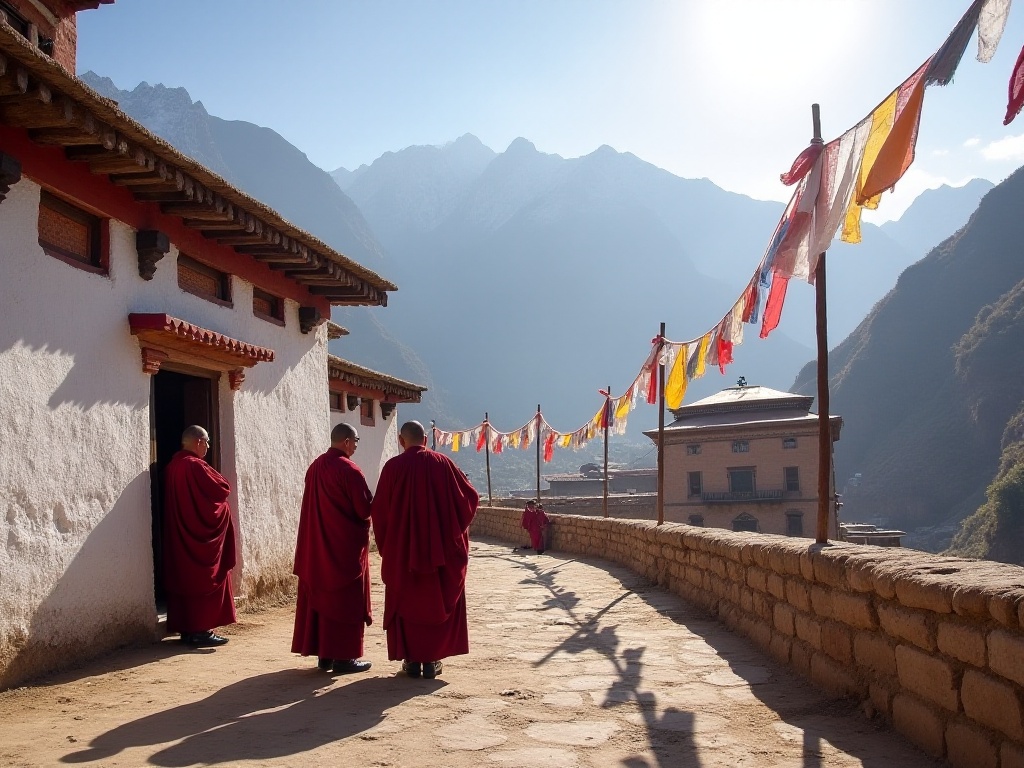
Farewell
The two weeks passed quickly. On my last day, I felt very emotional. I asked Batbayar: "With advancing technology and urbanization, can this lifestyle continue?"
He pointed to his younger son playing mobile games and said: "See? He uses his phone at school but rides horses and herds during holidays. This is our future. We don't resist change, but we won't lose our roots. This steppe has nurtured us for centuries, and I believe it will continue nurturing our descendants."
Oyunaa packed some homemade dairy products for me, saying: "Take these for your family to try." I knew how precious these items were in their lives. At departure, the whole family came to see me off, even the horses seemed gentler. Batbayar said: "You can always return, this is your second home."
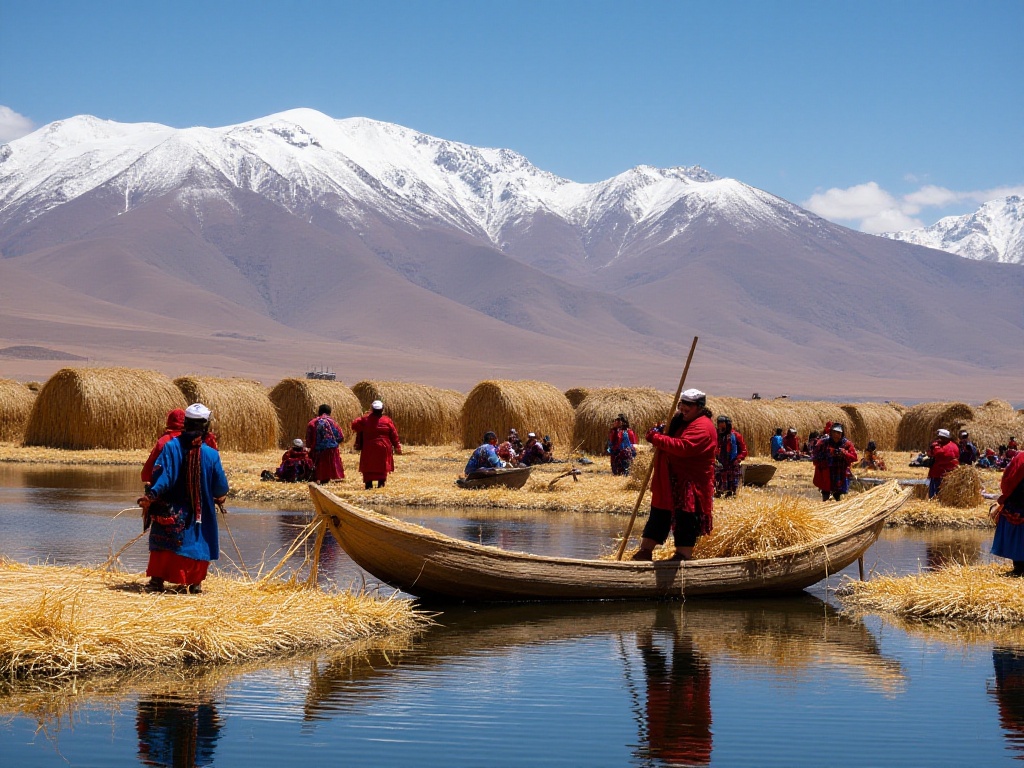
Reflections After Return
Back in the city, I began re-examining my life. Things I once took for granted now seemed questionable. Do we really need so many material comforts? Why do we pack our schedules so full? Why do we put ourselves under such pressure?
On the steppe, I saw a completely different lifestyle. People lived simply yet contentedly. They had no air conditioning but enjoyed cool breezes; no luxury houses but had yurts for shelter; no fancy restaurants but enjoyed fresh dairy products and delicious roasted lamb. Most importantly, they had true freedom - not the freedom to go anywhere, but the freedom to live contentedly anywhere.
Now when I feel anxious in the city, I think of that vast steppe, Batbayar's warm yurt, and those nights under the stars. What I learned wasn't just a lifestyle, but a life attitude: simple contentment, adaptability, and harmony with nature.
This experience taught me that true cultural exchange isn't about superficial tourism, but deeply experiencing local life. It shows us different lifestyles, makes us consider different life values, and ultimately helps us find our own suitable way of living.
Have you experienced such deep cultural immersion? If given the chance, which indigenous lifestyle would you most want to experience? I believe that wherever you choose to go, with an open and respectful mindset, you'll gain unique and precious life experiences.




